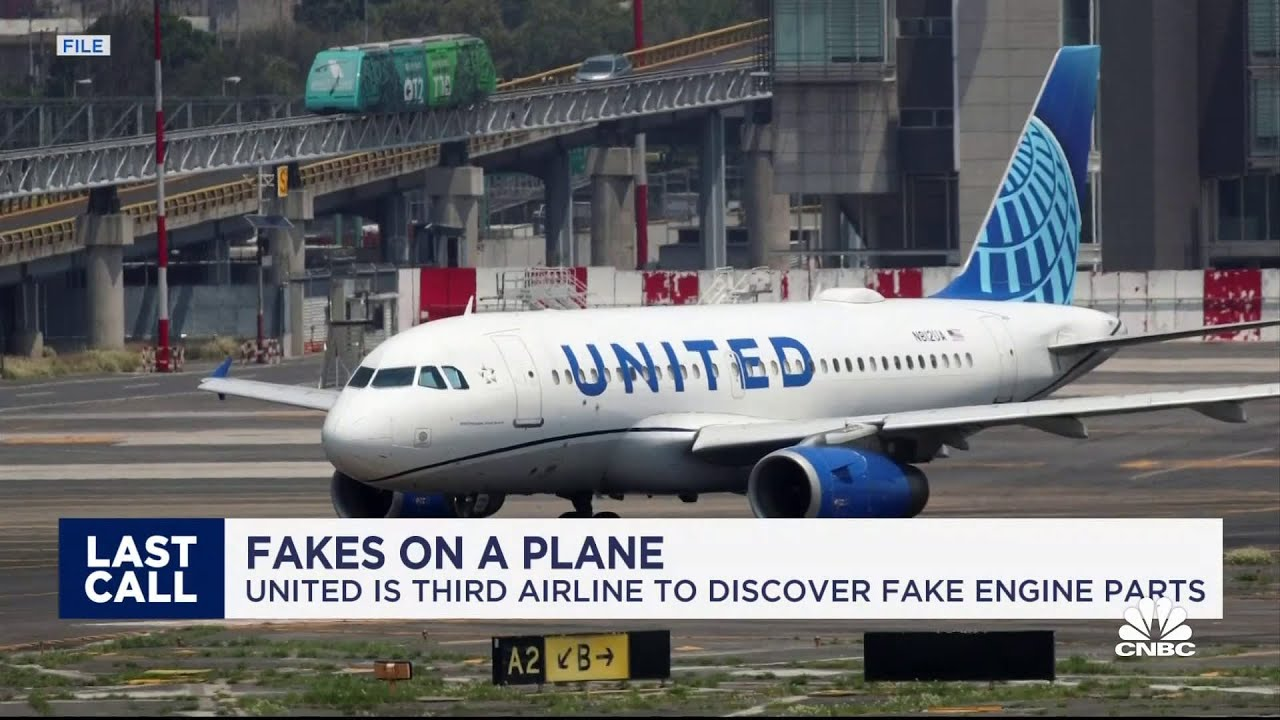Suspect Arrested For Allegedly Selling Counterfeit Engine Parts To Airlines
London-based AOG Technics is accused of forging documents to sell fake parts.
If there's one place you really, really don't want to experience any engine problems, it's when you're more than 30,000 feet in the air and strapped inside a glorified cigar tube. So it was a big deal when it came out that a London-based company was accused of selling counterfeit engine parts to airlines. Now, the UK's Serious Fraud Office's investigation into AOG Technics has led to an arrest, Business Insider reports.
The SFO reportedly arrested the company's founder and director Jose Alejandro Zamora Yrala after raiding his home. In a statement, SFO director Nick Ephgrave said, "This investigation deals with very serious allegations of fraud involving the supply of aircraft parts, the consequences of which are potentially far-reaching... We are determined to establish the facts as swiftly as possible."
The supposedly counterfeit engine parts sold using forged documentation reportedly made their way into quite a few companies' planes, including Delta, United and American Airlines, as well as Southwest and even Ryanair. As a result, airlines were forced to ground more than 100 planes while they worked to replace the engine parts they had purchased from AOG Technics.
The engine in question is CFM56, a General Electric and Safranis-built engine that is used in the Airbus A320 and Boeing 737. It's also one of the most commonly used airplane engines in the world, with a plane using the CFM56 reportedly taking off every two seconds worldwide.
If convicted, it's currently not clear what kind of a sentence Yrala is looking at. Hopefully, it's pretty serious considering, you know, those counterfeit engine parts put hundreds of people's lives in danger every time a plane that had one installed took off. It's unlikely that both engines would have failed at the same time, but still, that's not a risk anyone should be forced to take.
